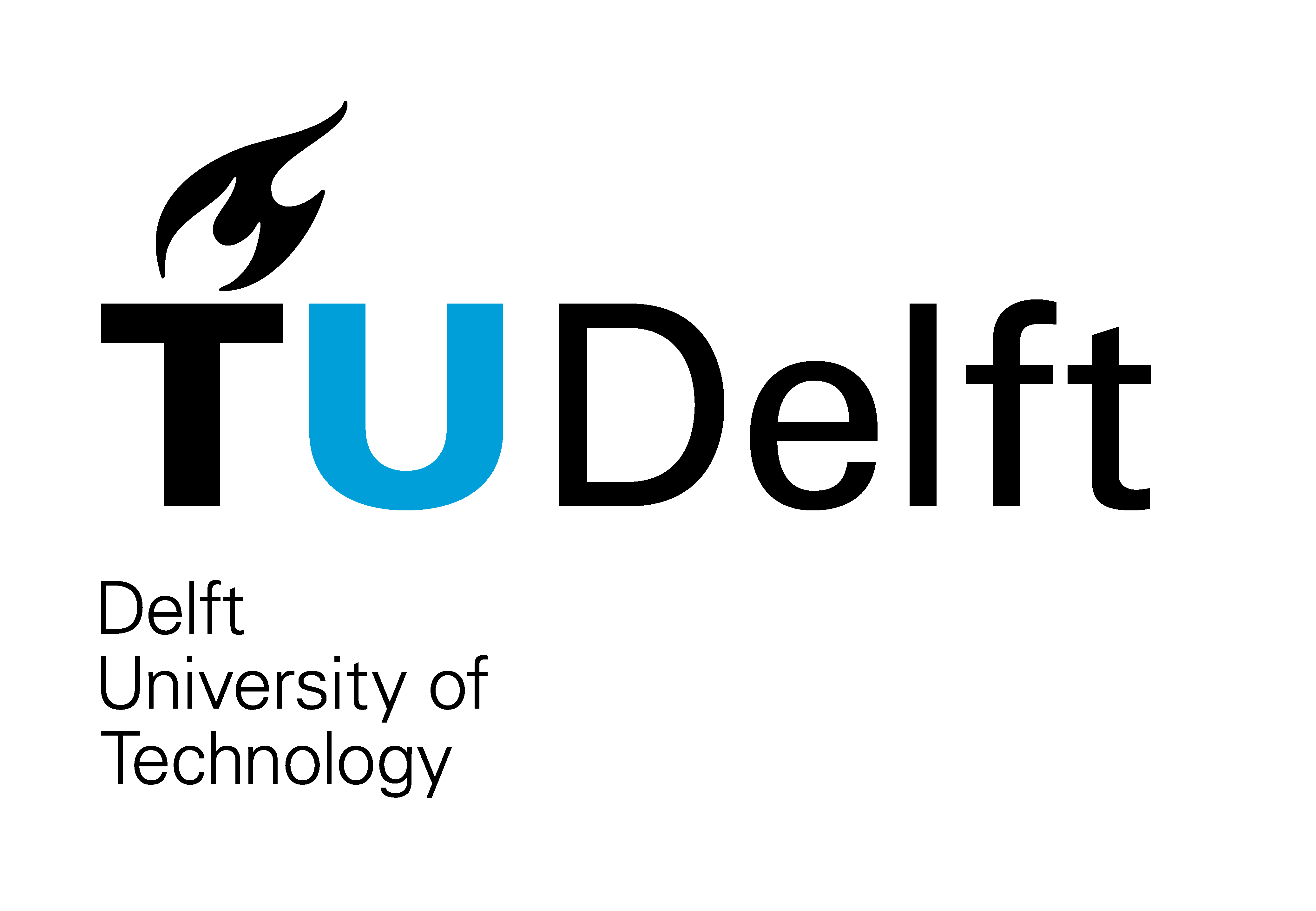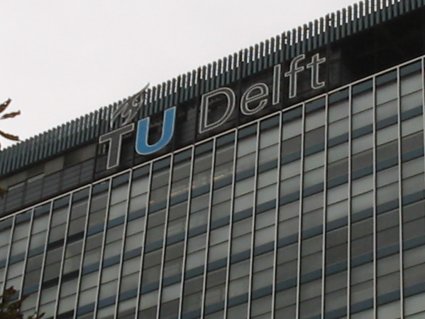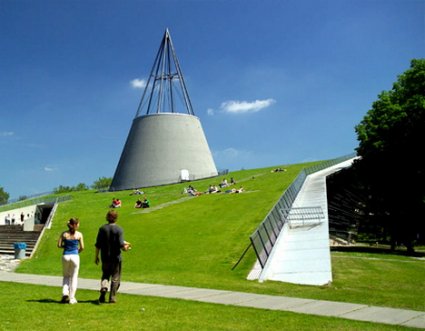Delft University of Technology (Delft) Netherlands
TU Delft is the highest ranking Dutch university in the World Reputation Ranking 2012 of the Times Higher Education. The TU Delft leads the way in research into technological innovations. Students from TU Delft have been responsible for highly impressive projects: take, for example, the solar energy-powered car Nuna, the flying robot Delfly and not to forget, the Plakkies.
At TU Delft, you can choose from a whole range of Bachelor and Master degree programmes, as well as postgraduate courses including PhDs. All the programmes encourage and demand critical thought and creativity. TU Delft’s excellent research and education standards are backed by outstanding facilities, research institutes and research schools. Problem-oriented, creative, innovative, learning by doing, teamwork. If you long to find creative solutions to everyday problems, then TU Delft is the place for you. TU Delft will inspire you to find technological solutions, even to the less obvious problems, whether these involve energy-saving transport, sustainable building methods or new, better designed products. Developing products and technology that people love to use to enhance human and social progress: that is what it’s all about.
We are committed to the international exchange of knowledge. TU Delft works closely with international companies and universities. You will meet countless international students and staff here at the university. At present, approximately 14% of the student population is made up of foreign students; the average percentage in the MSc programmes is as high as 30%. Your programme will give you ample opportunity to broaden your international horizons by adding an international touch to your internship, project or thesis subject.
A degree programme at TU Delft will turn you into a professional with a sound, technological training, analytical skills and the ability to solve complex problems unaided. All these competencies are valuable assets on the employment market. TU Delft maintains close links with (inter)national industry, a strategic alliance contributing to the relevance of its academic programmes and career prospects for its graduates. The degree programmes provide ample opportunity for you to carry out research, projects, an internship or a final thesis within a company. This will give you a head-start during the early days of your career.
European Credit Transfer System (ECTS)
TU Delft uses the European Credit Transfer System (ECTS) employed by all universities in the European Union. One year consists of 60 ECTS credits, the total Bachelor programme consists of 180 ECTS. Delft University of Technology knows a Binding recommendation on continuation of studies (BSA). This means that you will have to gain a minimum of 45 ECTS credits during your first year of studies (from 2012-2013 onwards) in order to be allowed to proceed to the second year.



Study at Delft University of Technology
Language of instruction
The Bachelor programmes are taught in Dutch, except for Aerospace Engineering which is taught in both Dutch and English. The Institute of Technology & Communication provides Dutch language courses for foreigners.
Undergraduates (Bachelors)
TU Delft offers three-year Bachelor of Science (BSc) programmes, focussing on mathematics, mechanics and physics. You will attend lectures and apply what you learn in projects. Right from the start you will be working in a team on assignments under the supervision of lecturers. A test or project concludes the Bachelor programme. Please check the academic calendar for the programme structure.
Undergraduate Courses
Aerospace Engineering
Applied Earth Sciences
Applied Mathematics
Applied Physics
Architecture
Civil Engineering
Computer Science
Electrical Engineering
Industrial Design Engineering
Life Science & Technology
Marine Technology
Mechanical Engineering
Molecular Science & Technology
Nanobiology
Systems Engineering, Policy Analysis & Management
Master programmes
TU Delft offers some 40 English-language MSc programmes. The programme duration is two years. The first year comprises theoretical study, assignments and laboratory work. The second year is largely devoted to thesis work, which involves participating in one of the university's advanced research or design projects or taking an internship or research assignment within a company.
Problem-oriented, creative, innovative, learning by doing. Our objective is to produce graduates who are critical independent thinkers so they later become engineers capable of independently solving problems. The curriculum focuses to a great extent on analysis and problem-solving in groups, and the writing of papers. During your study, guidance and assistance will be available at all times.
Master Courses
Aerospace Engineering
Applied Earth Sciences
Applied Mathematics
Applied Physics
Architecture, Urbanism and Building Sciences
BioMedical Engineering
Chemical Engineering
Civil Engineering
Coastal and Marine Engineering and Management
Computer Engineering
Computer Science
Construction Management and Engineering
Design for Interaction
Electrical Engineering
Embedded Systems
Engineering and Policy Analysis
European Wind Energy Master
Geographical Information Management and Applications
Geomatics
Industrial Ecology
Integrated Product Design
Life Science & Technology
Management of Technology
Marine Technology
Materials Science & Engineering
Mechanical Engineering
NanoScience
Offshore Engineering
Science Education and Communication
Strategic Product Design
Sustainable Energy Technology
Systems & Control
Systems Engineering, Policy Analysis and Management
Transport, Infrastructure & Logistics
















